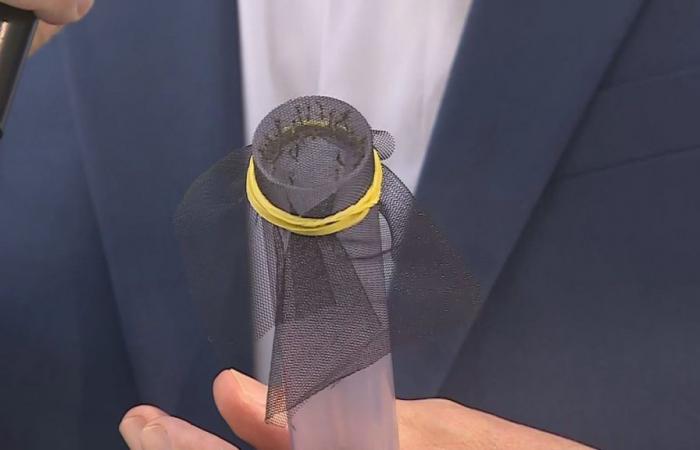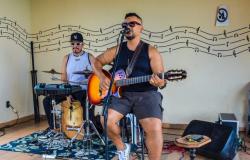
Campinas (SP)’s desire to use mosquitoes infected with Wolbachia bacteria as one of the strategies to combat dengue will not be possible in 2024and the city awaits its turn on a kind of “waiting list” from the Ministry of Health – understand below.
To the g1the Ministry of Health confirmed receipt of Campinas’ request, but highlighted that it has already defined the 6 municipalities selected for 2024, only one of which is in the state of São Paulo. Are they:
- Uberlândia (MG)
- London (PR)
- Presidente Prudente (SP)
- Foz do Iguaçu (PR)
- Natal, RN)
- Joinville (SC)
Given Campinas’ interest, however, the ministry informed that undertakes to inform about the opening of new proposals to expand the method “as soon as the production capacity of mosquitoes is increased and according to the analysis of classification scores between interested municipalities”. There is no defined deadline.
In a note, the Campinas Health Department reinforced interest in the use of technology “as soon as she becomes available.”
- Wolbachia is an intracellular microorganism and cannot be transmitted to humans or animals.
- Mosquitoes that carry this bacteria have a reduced ability to transmit viruses for people, reducing the risk of outbreaks of dengue, zika, chikungunya and yellow fever.
- Neither mosquitoes nor Wolbachia have undergone any genetic modification.
The method began with the World Mosquito Program (WMP), a global non-profit initiative, and has the participation of the Oswaldo Cruz Foundation (Fiocruz) in Brazil.
According to the Ministry of Health, planning for the introduction of the Wolbachia Method suggests a process of dissemination and replacement of wild populations of the Aedes Aegypti mosquito with manipulated populations, in priority areas.
It is the Ministry of Health that indicates the municipalities that can adhere to the Wolbachia Methodif they are interested, and this control, with analysis of technical criteria, takes into account “the limited production capacity of mosquitoes for release by WMP/FIOCRUZ”, highlights the folder.
Within the strategy’s research field, some municipalities were chosen because they represent “different biogeographical, climatic and health service organization regions, in addition to having an important history of arbovirus transmission”. Are they: Rio de Janeiro (RJ), Niterói (RJ), Campo Grande (MS), Petrolina (PE) and Belo Horizonte (MG).
The implementation is organized into three phases: pre-intervention, during intervention and post-releaseand an agreement is signed between all participating entities, at the state, municipal and federal levels.
The number is enough to serve 19% of the target audience, which is made up of children and teenagers aged 10 to 14. In the metropolis, this population is estimated at 91.2 thousand people.
After the capital of São Paulo, the city will receive the largest number of vaccines in the state of São Paulo. Across the region, 15 municipalities will be provided with 45,000 doses.
Among the actions are directing financial resources and agility in the purchase of inputs, serum and materials for nebulization, in addition to paying overtime and possibly hiring staff to reinforce assistance.
When to seek care?
Previously, the city hall’s recommendation was that residents seek medical attention when the patient had a fever and two other associated symptoms, such as headache, body pain, nausea, vomiting, spots on the body, joint pain and pain behind the eyes.
Patients who, in addition to fever, experience dizziness, severe abdominal pain, frequent vomiting, cold sweat and bleeding should go to an emergency room or Emergency Care Unit (UPA).
For the first time in history, three serotypes circulate simultaneously in the city: 1, 2 and 3. The Health Department emphasizes that residents should not underestimate the symptoms.
The rise in dengue cases led Campinas to announce, on March 21, the extension of opening hours for clinics on weekends to deal with suspected dengue cases.
There will be 10 units operating on Saturdays, with specific periods for receiving patients with symptoms of the disease. See the timetables here.
Guidelines for the population
-
-




